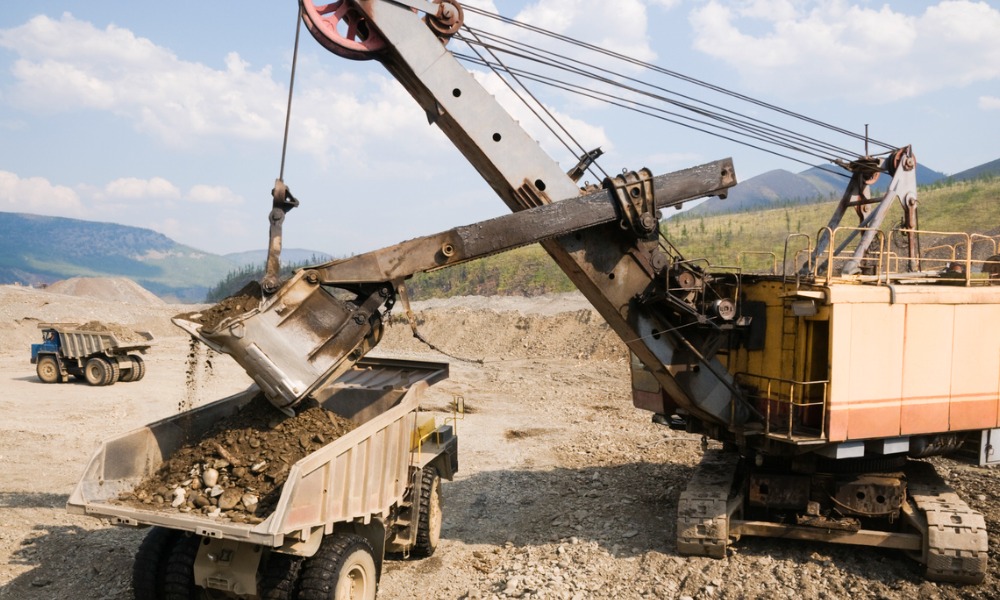
'The Mining Act statute is taking precedence over Canada's Constitution'

A group of six First Nations in Ontario has launched a legal battle against the province’s Mining Act, arguing that it violates their treaty rights and undermines their ability to protect their traditional lands.
The First Nations involved in the case – Apitipi Anicinapek Nation, Kitchenuhmaykoosib Inninuwug, Ginoogaming, Attawapiskat, Aroland, and Fort Albany – argue in the Ontario Superior Court that the Mining Act allows prospectors and companies to stake claims on their traditional territories without any prior engagement or notice.
“Companies are staking, or recording, dozens of claims per day on our traditional territory. No notice, no engagement, no addressing of our concerns at all. We’re told only after the claims are registered, when it’s too late,” said Chief June Black of Apitipi Anicinapek Nation in a press release announcing the court challenge.
Chief Donny Morris of Kitchenuhmaykoosib Inninuwug expressed concerns about how the Act prioritizes mining claims over Indigenous rights, making it difficult for First Nations to use the land for reserves or cultural preservation.
“As soon as a claim is recorded, we can’t use that land for new reserves, or Indigenous parks; we can’t be stewards over our lands as our laws tell us we must. The Mining Act statute is taking precedence over Canada’s Constitution. How can that be right?” Inninuwug said.
The First Nations also criticize Ontario’s consultation process, which they say fails to meaningfully engage with their communities before exploration activities begin. Chief Sheri Taylor of Ginoogaming First Nation said the process is no more than a simple formality: “The ‘consultation’ that Ontario does before it grants exploration permits, is a system of sending form letters and not much else. It is appallingly weak.”
Taylor’s community has previously taken legal action to protect a sacred area from exploration. Although they won an injunction, the unresolved mining claims remain a persistent threat.
The challenge also highlights the widespread impact of mining claims on Northern Ontario. Chief Sylvia Koostachin Metatawabin of Attawapiskat, along with Aroland Chief Sonny Gagnon and Fort Albany Chief Elizabeth Kataquapit, described the "bulldozer effect" of prospecting and mining companies taking over large swaths of their lands, with little they can do to stop it under the current legislation.
The First Nations are currently seeking a court order declaring specific provisions of the Mining Act unconstitutional and demanding that they be replaced.